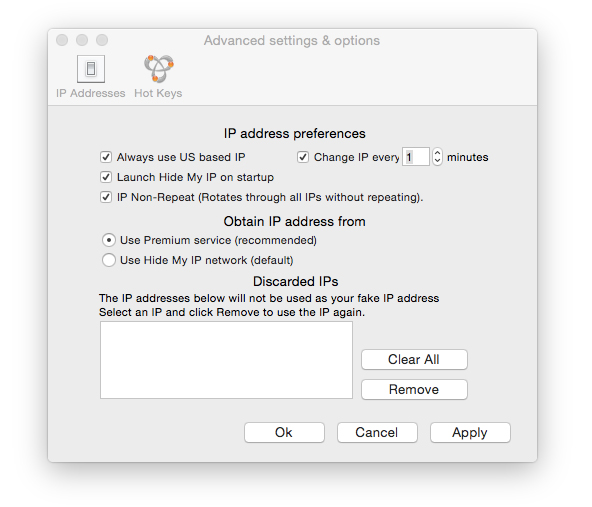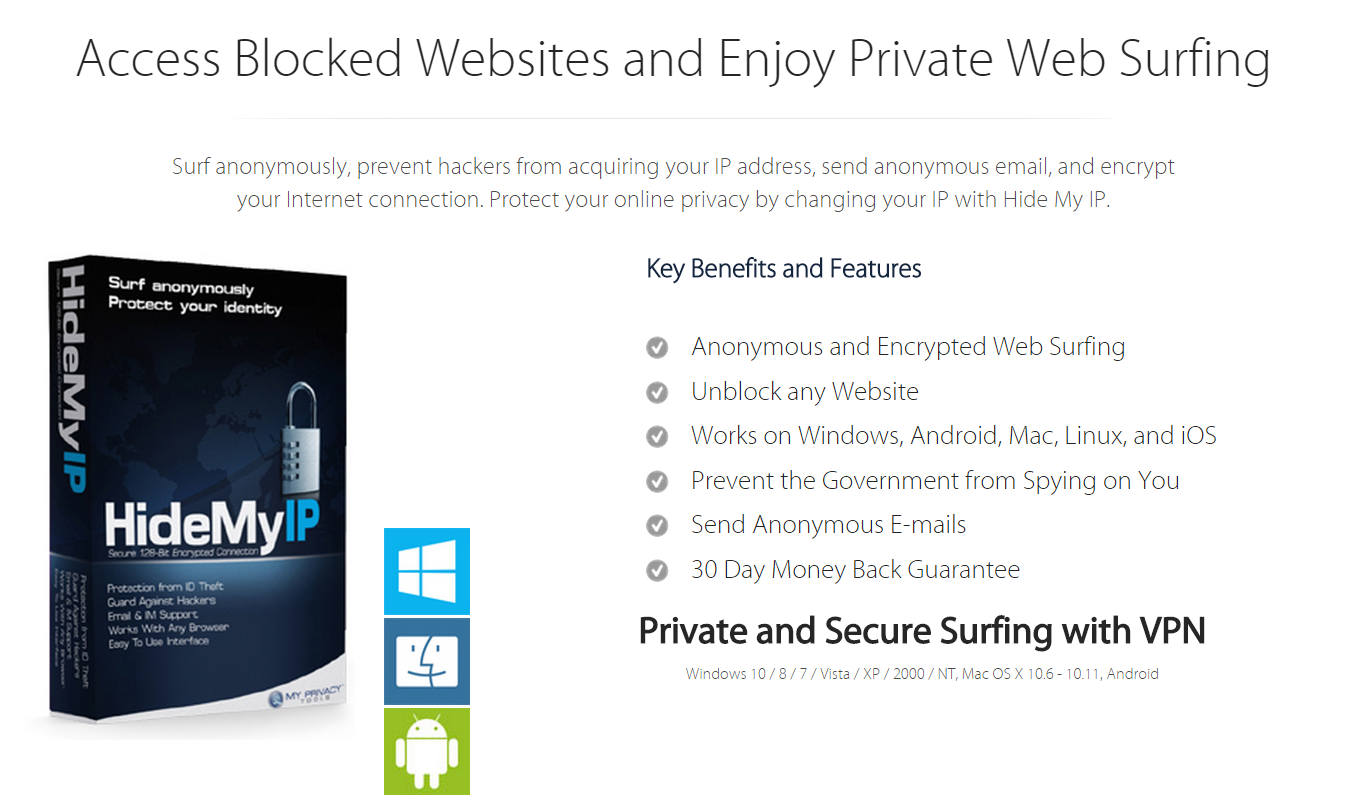

Think of an IP address as a personal ID card that classifies every device connected to the internet. If you want to learn more, check out our blog post about IPv4 vs IPv6 differences. There are two types of IP addresses: IPv4 and IPv6. It serves a purpose to effectively communicate with other online resources.

If you live in another country and can’t access your Daredevils and your House of Cards binges on Netflix, concealing your IP address can help you find your way to that content. Doing sensitive research, downloading questionable materials, examining subcultures means that you need some protection from Big Brother looking over your shoulder. Maybe you want to skulk around the Internet without someone or some institution being able to retrace your steps. You can avoid being part of that machine by Avoid leaving a digital footprint Companies are always building distinct profiles of Internet users and utilizing that data to target ads or sell it to third parties.

Not everyone wants their behavior and shopping results fed into a cookie machine that helps corporations sell more shampoo and lawnmowers to the general public. If a hacker can get ahold of your IP address, he/she can send spyware or malware to your computer, allowing access to protected files or folders. Hackers can obtain reams of information from your IP address, including details about your service provider, browser history and router information.


 0 kommentar(er)
0 kommentar(er)
